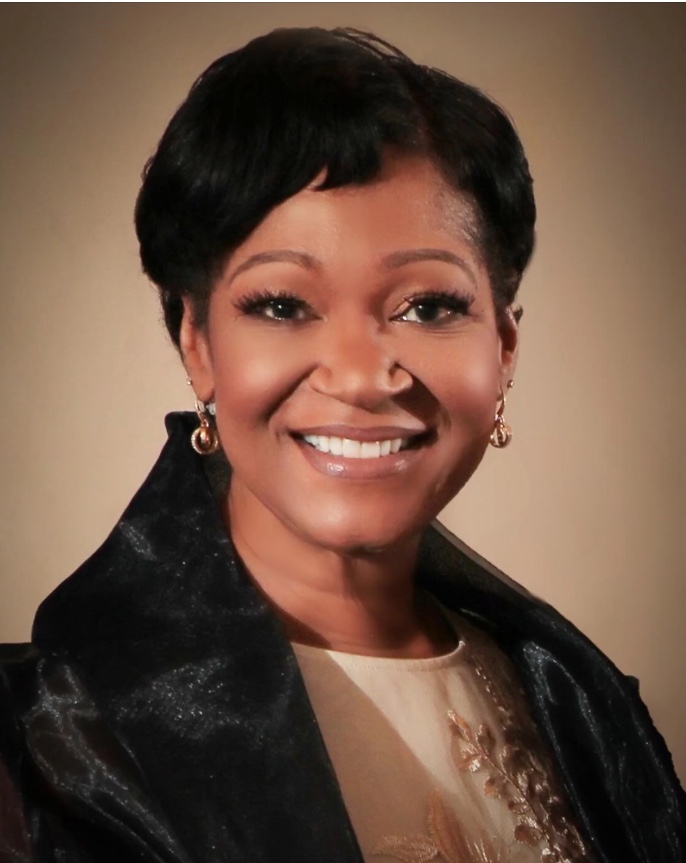Black experiences in health education: RTT alumna Sandra Hayden
We asked Black students, alumni, faculty and staff in the Wayne State University Eugene Applebaum College of Pharmacy and Health Sciences to share - in their own words - challenges they've faced in professional health education or clinical practice.
 Sandra Hayden '91
Sandra Hayden '91
Program: Radiation Therapy Technology
Hometown: Born in Memphis, TN. Detroit is home. Moved to Houston in 2006.
Current position: Radiation Therapy Program Director at Galveston College, American Registry of Radiologic Technologists (ARRT) Board of Trustees member
I originally wanted to attend an HBCU, but I decided to attend Wayne State so I could work and contribute financially to my education.
I always wanted to be in health care. I was a pre-pharmacy major and had a difficult time with calculus. I really liked and did well in physics. I was referred to an allied health counselor. She was amazing and granted me access to a math tutor. She reviewed my transcript and suggested that I take a look at the Radiation Therapy Technology Program as my courses for pre-pharmacy were perfect prerequisites. I went on an observation to the Gershenson Radiation Oncology shadowing the radiation therapists and loved it.
At the time, WSU was one of only five institutions in the country that offered a baccalaureate degree in radiation therapy. I missed the application date and had to wait a year to be considered. I did not have a stellar GPA. The program leadership took a chance on me and I am still appreciative to this day. Once in the small program with personalized concentrated courses, my grades immediately improved. I never looked back. My career in radiation therapy is my ministry.
When navigating the professional arena, it is important to not take things personally and instead focus on the patients and or issue to be solved. Taking the route of being nonjudgmental and open has helped me diffuse many conflicts that I have encountered.
Always make sure you have the facts. Stay current and relevant. Follow the policies and guidelines until you are in a position to change them.
Some patients did not want me - a "colored girl" - to care for them. I was training a white male student and the patient asked for him. I informed the patient that he was still in training. He then asked for the supervisor. I was the supervisor and offered the patient to come at a later time when there would be white radiation therapist on staff. I informed the radiation oncologist, and they were dismayed that our patient did not want me to deliver their radiation therapy. I did not take this personally and said to myself, "I am not the one with cancer." Eventually, I delivered the patient's treatment and he was totally satisfied saying, "Wow, you were great."
Having a mentor is one of the best things I suggest for students. My mentor and her mentor are both Black women. They lead me to follow in their footsteps. Both were on the ARRT Board of Trustees. They are both Fellows of our professional organization, the American Society of Radiologic Technologists (ASRT). I am the third Black woman to obtain the honor of being an ASRT Fellow, the third to be on the ARRT Board, and the first and only to have been on the ASRT Board of Directors.
An anchor in urban health care
The Eugene Applebaum College of Pharmacy and Health Sciences is built on more than 100 years of tradition and innovation in the heart of Detroit. We have grown deep roots in our city, harnessing its powerhouse hospital systems and community service organizations as vibrant, real-world training grounds for students, with an ongoing focus on social justice in health care. And our research at all levels - from undergraduates to veteran faculty members - translates into creative solutions for healthier communities.
Wayne State University is a premier urban research institution offering approximately 350 academic programs through 13 schools and colleges to more than 25,000 students.